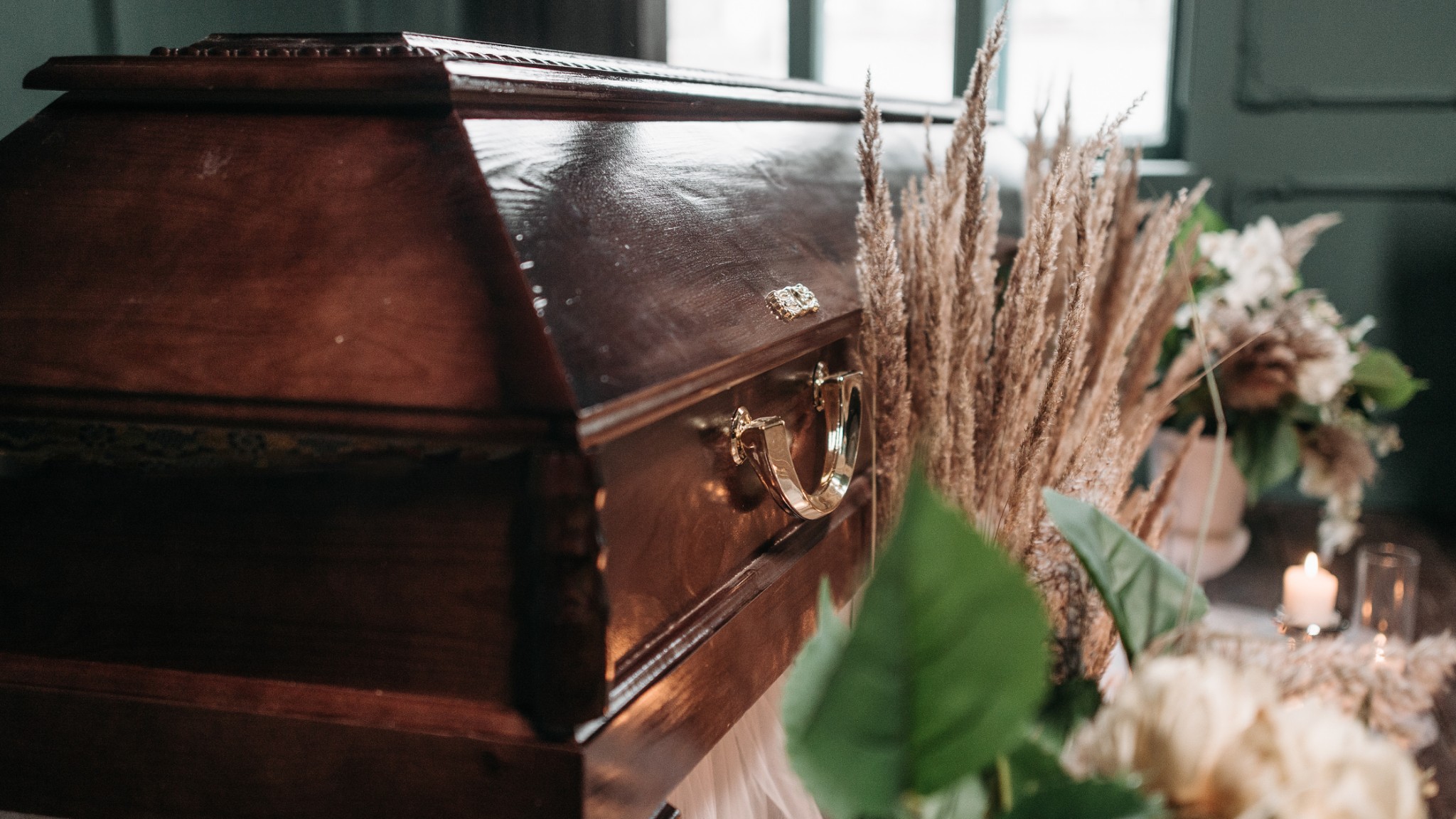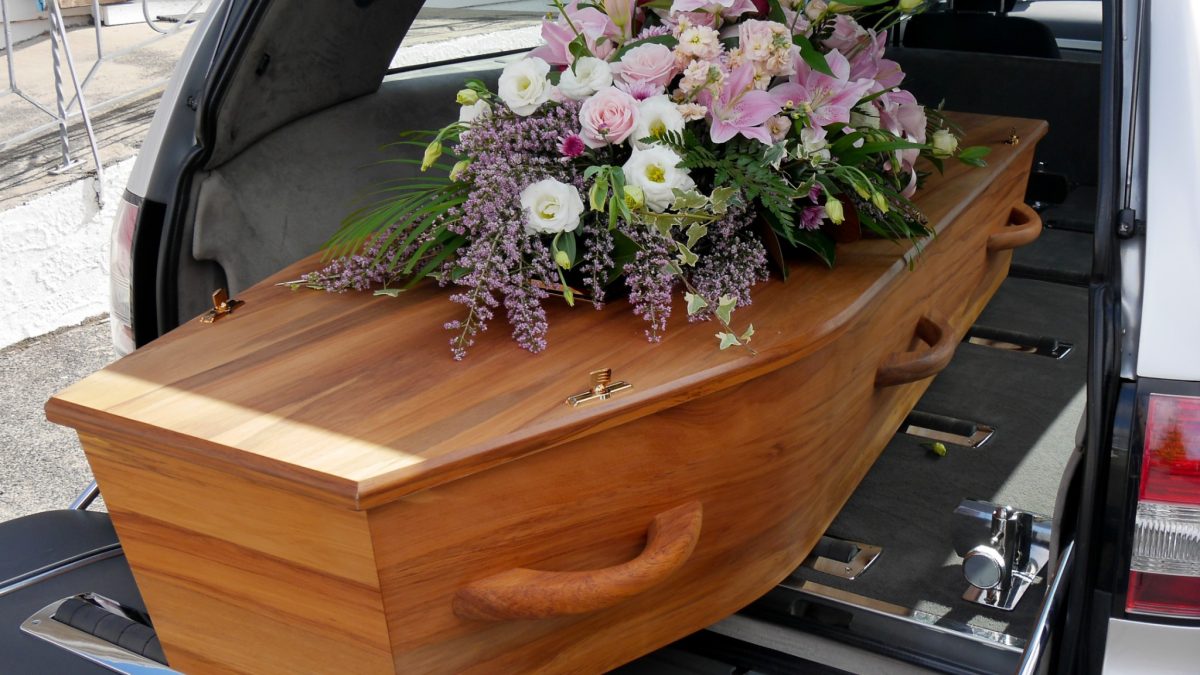The loss of a loved one is an emotional experience, and organizing a funeral can feel overwhelming. While many families opt for traditional funeral homes, more people are considering alternative options such as home funerals.
A home funeral offers a deeply personal, intimate, and family-focused approach to saying goodbye. It allows families to take charge of the funeral process and create a ceremony that is meaningful, comforting, and reflective of their loved one’s life.
Table of Contents
Understanding Home Funerals
A home funeral is a type of funeral service in which the body of the deceased is cared for and prepared at home rather than at a funeral home. Families can take on much of the funeral process themselves, with the support of professional funeral homes, such as funeral directors, who can assist with legal requirements and the logistics of transportation, if necessary.
This approach allows families to have more control over the ceremony, from how the body is cared for to how the funeral service is conducted. Home funerals provide an opportunity for family and friends to participate in the rituals and create a farewell that aligns with the deceased’s values, wishes, and personality.
Steps to Organize a Home Funeral
If you’re considering organizing a home funeral, here are some essential steps to guide you through the process.
1. Know the Legal Requirements
The first step in planning a home funeral is to familiarize yourself with local laws and regulations. Some regions may have specific legal requirements for home funerals, including the need for a funeral director to oversee certain aspects of the process. In many cases, funeral homes can provide you with guidance on how to handle legal paperwork, such as death certificates, burial permits, and transportation regulations.
2. Prepare the Home for the Funeral
Once you’ve taken care of the legalities, you can begin preparing the home for the funeral. Choose a room or area where the body can be laid in repose, such as the living room, a bedroom, or another quiet space. The space should feel comforting and welcoming, with enough room for family and friends to gather.
Make sure the room is clean, tidy, and appropriately lit. You may want to place flowers, candles, or personal mementos to create a serene atmosphere.
3. Care for the Body
In a home funeral, families have the option of caring for the body of their loved one. This can include washing, dressing, and preparing the body for the ceremony. Some families may choose to hire a professional embalmer or funeral home to assist with this, while others may prefer to handle it themselves. The process can be a comforting and respectful way for families to honor the deceased.
If you are unsure about how to proceed, many funeral homes offer embalming, refrigeration, or simple body preparation services for families who are planning a home funeral.
4. Plan the Funeral Service
A key aspect of any funeral is the service. A home funeral allows you to personalize the ceremony in ways that may not be possible at a funeral home. You can choose to hold a formal service or a more informal gathering, depending on your preferences.
You can include readings, music, and speeches from family members, or even invite a religious or spiritual leader to conduct the ceremony. The service can be designed to reflect the personality of your loved one and can include elements that are deeply meaningful, such as favorite songs, memories, and personal rituals.
5. Make Funeral Arrangements with Funeral Homes
While you may be handling most of the arrangements for a home funeral yourself, there are still key aspects where funeral homes can provide support. For instance, funeral directors can assist with the legal and logistical aspects of the service, such as obtaining the death certificate, transportation of the body (if needed), and burial or cremation arrangements.
Funeral homes can also help you navigate the planning process and ensure that you meet all necessary legal and medical requirements. Many funeral homes specialize in home funerals and are available to guide you through every step of the process.
6. Arrange for Burial or Cremation
Once the service is complete, you will need to make arrangements for the final disposition of the body. Depending on the deceased’s wishes, you may opt for burial or cremation. Many families choose a burial plot at a cemetery, while others may prefer cremation, which can be more flexible and allow for a memorial service at a later date.
Funeral homes can assist with the logistics of burial or cremation, including providing caskets, urns, and transportation to the cemetery or crematory. They can also help with obtaining the necessary permits and completing required paperwork.

The Benefits of a Home Funeral
A home funeral offers several benefits, including:
- Personalization: Families have complete control over the ceremony, allowing them to create a deeply personal and meaningful tribute to their loved one.
- Cost-Effective: Home funerals can be more affordable than traditional funeral services, as they typically involve fewer services and products from funeral homes.
- Emotional Healing: Caring for the body and being involved in the funeral process can be a healing experience, offering families the opportunity to say goodbye in a calm and meaningful way.
- Time and Flexibility: With a home funeral, you can take your time to prepare, ensuring that the service is thoughtful and reflective of your loved one’s life.
By partnering with funeral homes for legal and logistical support, you can ensure that your home funeral is carried out with the respect and care it deserves. Whether you choose to care for the body yourself or enlist the help of professionals, a home

